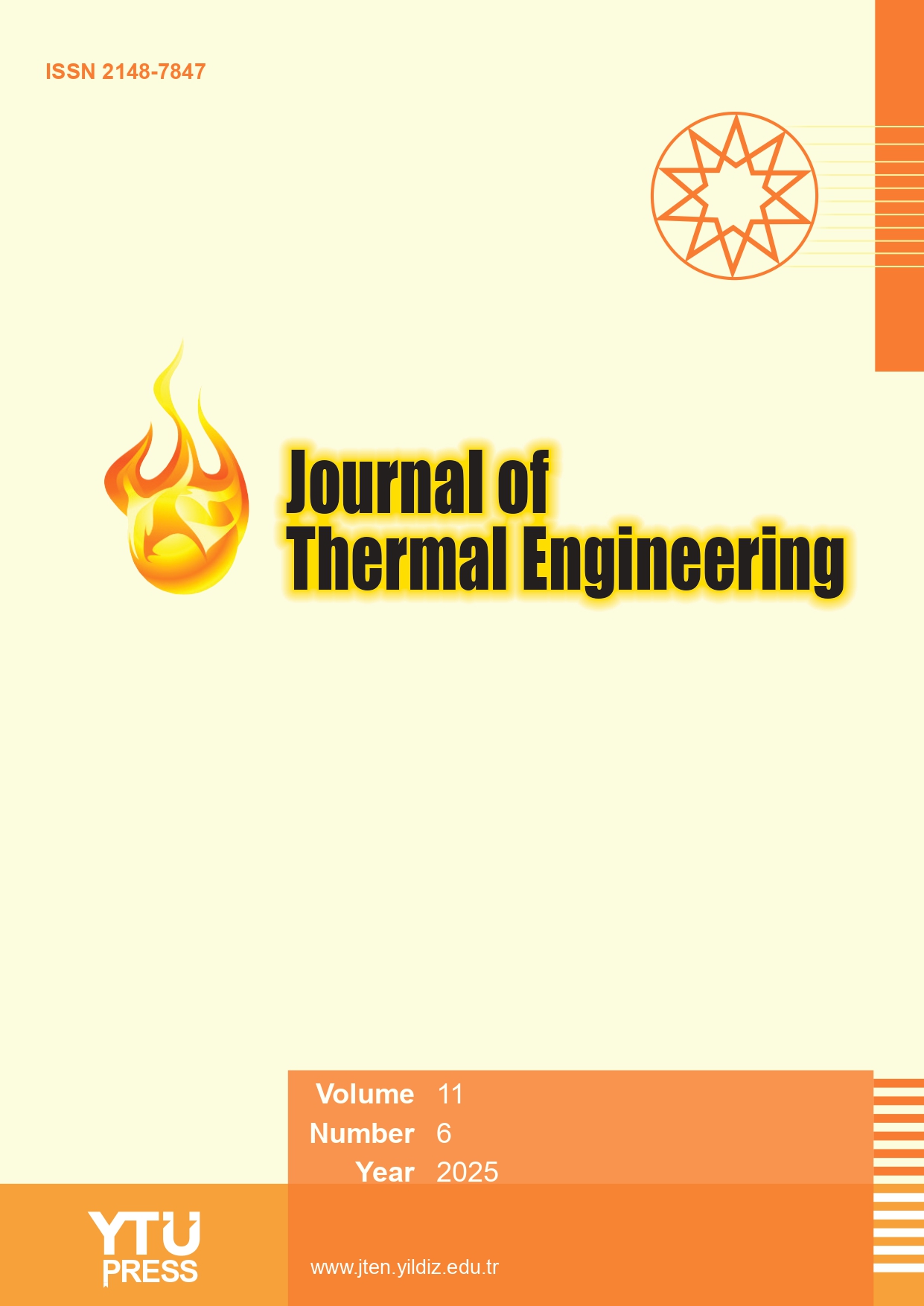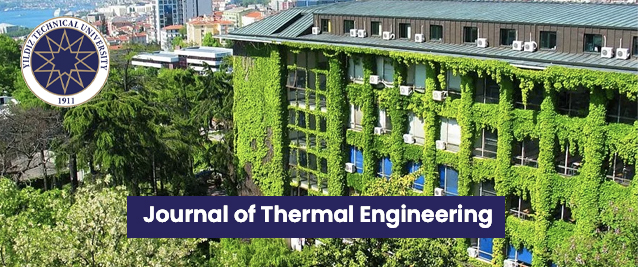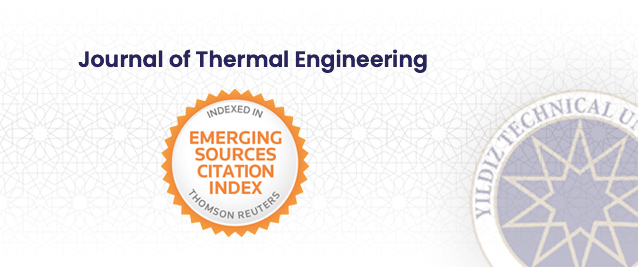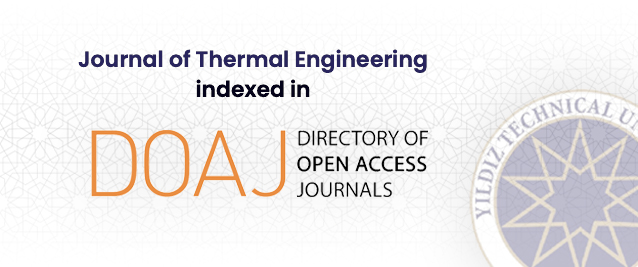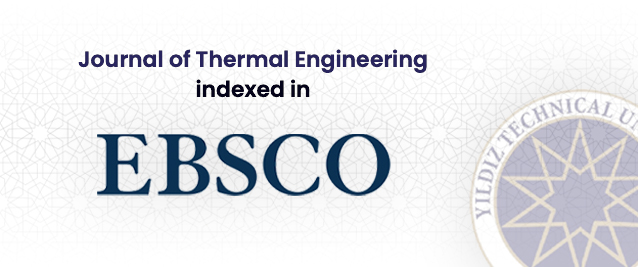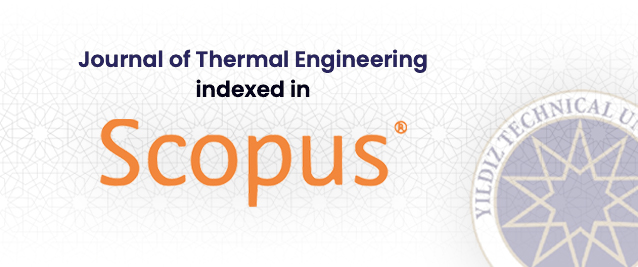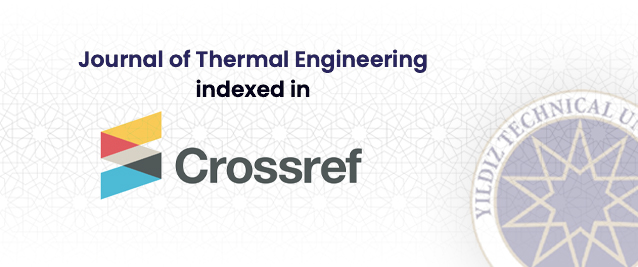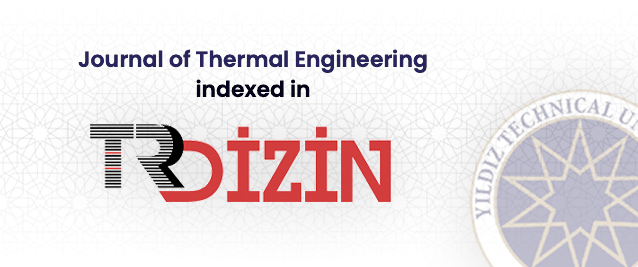Abstract
Stirling machines are ecologically propitious refrigeration devices that utilize natural gases like helium, nitrogen, or air. Stirling machines are active refrigerators that should be designed with minimal vibrations and durability in order to fulfil current and future commercial de-mands and requirements. The present paper deals with the modification of the inertance pulse tube refrigerator in which the reservoir is eliminated and replaced with another pulse tube refrigerator. These two pulse tube refrigerators are operated at 180 degrees out of phase, called counter-flow pulse tube refrigerators (CFPTR). The second-order cyclic analysis approach is used to develop a mathematical model for evaluating the performance of CFPTR. This paper describes a modified second-order cyclic approach in detail. The performance of CFPTR is evaluated by estimating the ideal refrigerating effect, ideal power input, and losses individual-ly, yielding net power input and net refrigerating effect. The net refrigerating effect of 30.88W at 70K is obtained with the percentage of Carnot COP of 13.71. The CFD modeling of CFPTR is used to corroborate the second order cyclic model.


